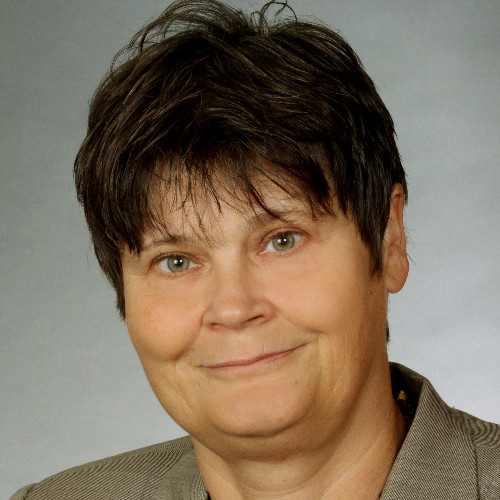On June 10, 2020 the DCZ S&T platform in cooperation with the Institute of Agricultural Resources and Regional Planning (IARRP) of CAAS successfully organised a workshop on Sino-German cooperation in agricultural sciences. Due to the COVID-19 pandemic the event was organised as an online conference. The meeting was attended by 22 experts from various institutions of both countries including CAAS, China Agriculture University, Huazhong Agriculture University and North-West University for Agriculture and Forestry, Leibniz Institute of Agricultural Development in Transition Economies (IAMO), Foreign Economic Exchange Center of MARA and the DCZ. The experts had been invited to give their feedback on a draft report of a survey on bilateral research cooperation and to discuss how to proceed with the study.
After welcome speeches delivered by Dr. Chen Tianjin, Department for International Cooperation, Head of division for bilateral cooperation, CAAS and Dr. Jürgen Ritter, German managing director of DCZ, moderator Dr. Eva Sternfeld, German advisor for DCZ’s S&T platform, introduced the participants of the meeting. Afterwards consultant Dr. Rita Merkle presented the main findings of a baseline study based on a survey conducted in February and March 2020. The quantitative and qualitative survey approached German agricultural research institutions, including research institutes affiliated to the German Ministry for Food and Agriculture (BMEL) and Leibniz Institutes, German universities and German universities of applied sciences. In all, 21 institutions participated in the survey, which is to our knowledge the first comprehensive inventory of ongoing German-Chinese bilateral cooperation projects in agricultural sciences. According to the quantitative survey 122 ongoing cooperation projects have been identified so far. In addition, Dr. Merkle also summarized the outcomes of the qualitative survey. Respondents see great opportunities in the cooperation with China such as the unique diversity of China’s natural environment and agricultural cultivation systems which are hard to find in Germany, as well as the opportunity to work with highly-qualified Chinese researchers. Nevertheless also challenges in the bilateral collaboration have been mentioned such as lack of financing and problems with data sharing. The respondents of the survey have also been asked for recommendations how the DCZ’s S&T platform could help to enhance future cooperation. The respondents provided an impressive list of ideas which focus on the S&T platform’s role as information and networking platform.
Dr. Merkle’s presentation was followed by a vivid discussion about the DCZ S&T platform’s role as an information sharing platform and how funding for bilateral research projects could be secured. It was agreed, that this short meeting was only a start to set up a bilateral experts network and future workshops will follow. The work on the survey will be continued and another feedback round with German researchers is planned. A final version of the survey will be presented at the Sino-German Agricultural Week.




